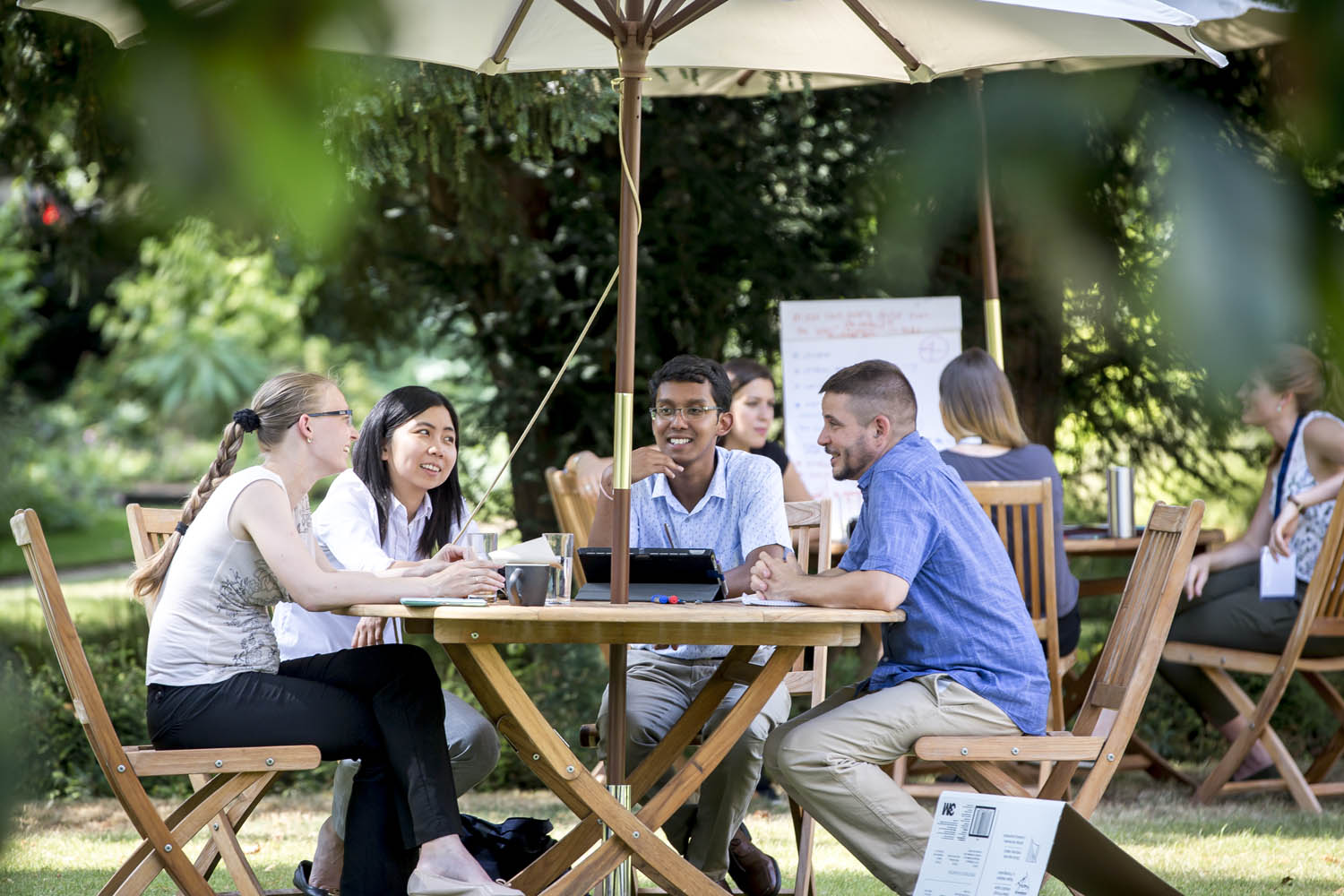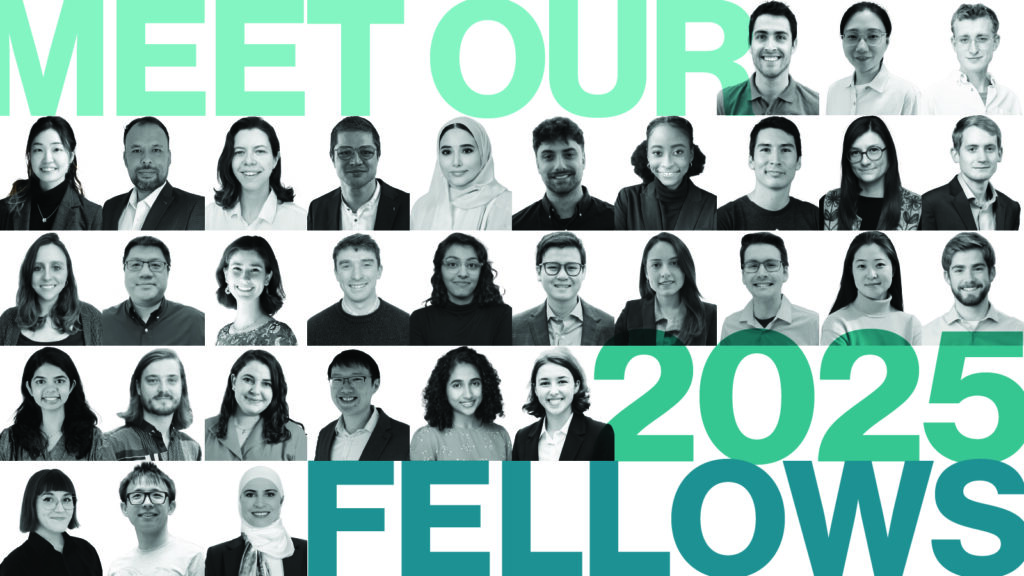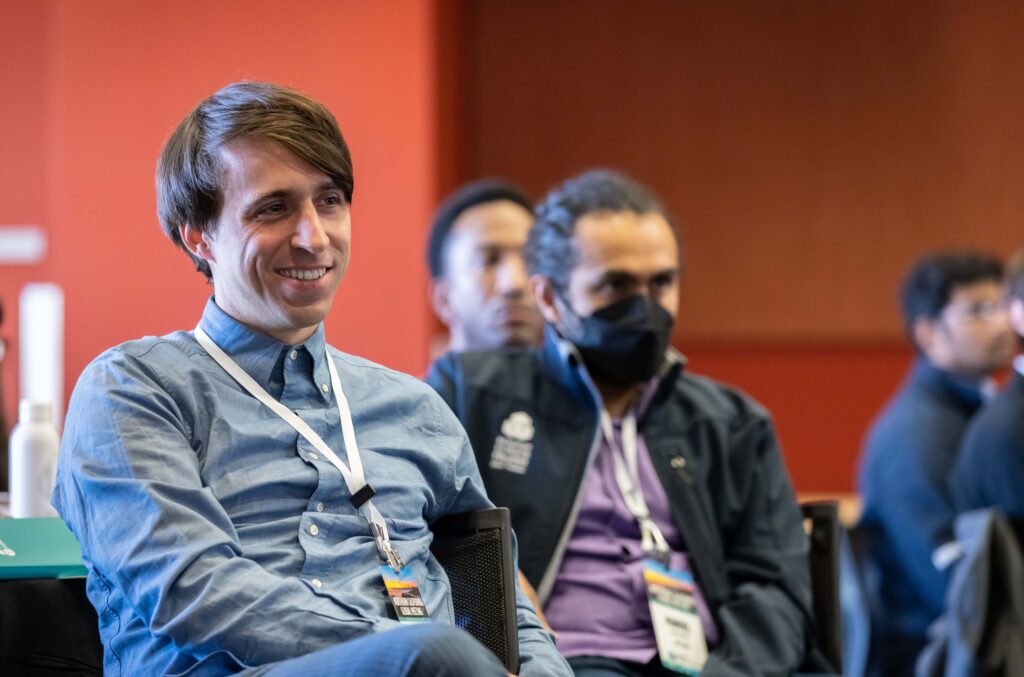Read the Annual Report in full here
We are pleased to publish our 2018-2019 Annual Report, highlighting the development of the Schmidt Science Fellows program, the achievements of our Fellows, and the growth of our Fellowship community.
Since the announcement of our first cohort in April of 2018, Schmidt Science Fellows has developed into a vibrant community of 34 Fellows, 77 Selectors, 8 Global Meeting partner institutions, 35 Principal Investigators hosting our Fellows in their laboratories, and hundreds of scientists who have participated as Global Meeting speakers and program supporters.
Dr. Megan Wheeler, Executive Director, Schmidt Science Fellows, said: “We are grateful to everyone involved for their commitment to furthering our vision of harnessing interdisciplinary science to advance discovery and we look forward to that community growing in the years to come. We hope you will enjoy reading our annual report and be inspired to join us!”
The Annual Report includes details on our first two cohorts of Fellows, the development of our Selection processes and Program infrastructure, and reports from our Global Meeting Series and mentoring program. It also looks ahead to our Senior Fellows (alumni) programming and our ambition to help accelerate interdisciplinary science for societal benefit.
The Report includes case studies that explore the experience and impact of the Fellowship from the perspective of a 2018 Fellow, a 2019 Fellow, and a placement host Principal Investigator. You can read more below:
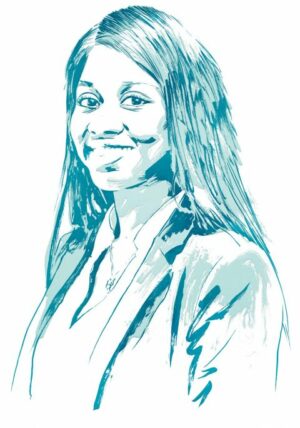 Dr. Mercy Asiedu, 2019 Fellow, grew up in Ghana before completing her PhD at Duke University, North Carolina. She is driven by the potential impact of innovative technologies in addressing global health disparities. Read more in her case study here.
Dr. Mercy Asiedu, 2019 Fellow, grew up in Ghana before completing her PhD at Duke University, North Carolina. She is driven by the potential impact of innovative technologies in addressing global health disparities. Read more in her case study here.
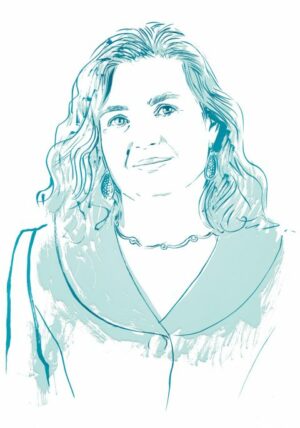
Professor Daniela Rus, Director of CSAIL spoke to us about her perspective as a Principal Investigator to a Schmidt Science Fellow. Read more about her experience and how her research group benefited from hosting a Schmidt Science Fellow in her case study here.
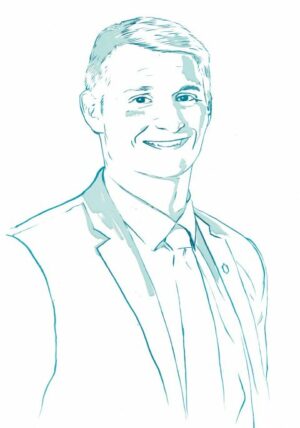 During his PhD, Dr. Hal Holmes, 2018 Fellow, developed a DNA ‘barcode’ reader to help identify the origin of naturally-derived products being traded around the world. Read more about how his pivot exploring techiques tested for cancer therapeutics helped him extract DNA samples in his case study here.
During his PhD, Dr. Hal Holmes, 2018 Fellow, developed a DNA ‘barcode’ reader to help identify the origin of naturally-derived products being traded around the world. Read more about how his pivot exploring techiques tested for cancer therapeutics helped him extract DNA samples in his case study here.
